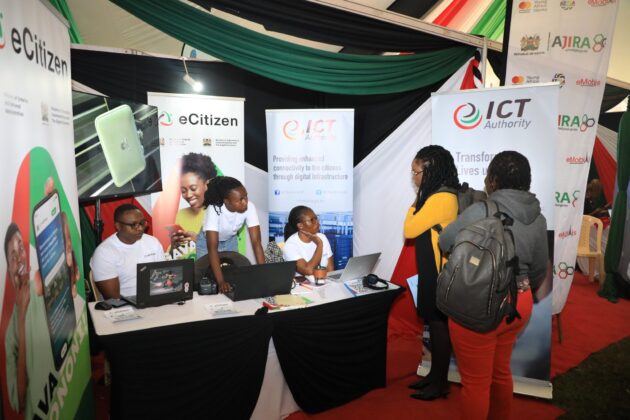
Private developers could switch off eCitizen at will, House learns » Capital News
NAIROBI, Kenya, Apr 15 – The eCitizen platform risks abrupt shutdown if the developers’ contract is terminated, sparking fresh concerns over acess control over the system and its security implications.
Contractual documents tabled before the National Assembly’s Departmental Committee on Administration and Internal Security reveal that, despite repeated assurances from senior government officials, the platform is not fully owned by the state.
The contract, signed on May 25, 2023, stipulates that the private developers retain proprietary rights and reserve the legal authority to withdraw the platform’s infrastructure in the event of termination.
“In the event of termination, howsoever occurring, the suppliers shall be entitled to rescind, withdraw or otherwise uninstall all their proprietary infrastructure and resources, including all technical infrastructure whether software or otherwise,” the contract reads in part.
The firms behind the platform—Webmasters Kenya Ltd, Pesa Flow Ltd, and Olive Tree Media Ltd—are also shielded from liability.
The agreement indemnifies the developers against any claims arising from data loss, system downtime, or service disruption.
“The purchaser shall… fully indemnify the suppliers against any claims against, loss of data, system downtime or unavailability,” the document states.
Parallel probe
These revelations have sparked alarm among lawmakers, with two parliamentary committees now launching parallel investigations.
Legislators fear that Kenya’s digital infrastructure and financial systems could be compromised or held hostage by private interests.
Homa Bay Town MP Peter Kaluma described the situation as a serious national security and financial risk, especially considering the billions invested in the system.
“This is very scary. The government has put itself in a vulnerable position. If this contract stands, the suppliers can switch off the entire system and walk away,” Kaluma said.
Lari MP Mburu Kahangara questioned the government’s past assurances regarding E-Citizen’s ownership in light of the newly disclosed contract.
“We’ve repeatedly sought clarity from the ministry, and we were told the platform is state-owned. But the contract tells a different story,” Kahangara noted.
The committee also raised governance concerns after discovering that the contract was not signed by the ICT Principal Secretary, who is the official accounting officer for the ministry.
Instead, the document bears the signature of ICT Authority CEO Stanley Kamanguya.
“Where is the PS’s signature? This is a contract of significant magnitude. Why are the signatories limited to a CEO? It raises serious questions about governance and accountability,” said Vice Chair Dido Raso (Saku).
Committee Chair Gabriel Tongoyo criticized the ICT department for allegedly withholding the contract for more than two months.
“This document should have been availed much earlier. The delay appears intentional, as though someone was trying to avoid scrutiny. We will not tolerate such evasiveness,” he stated.